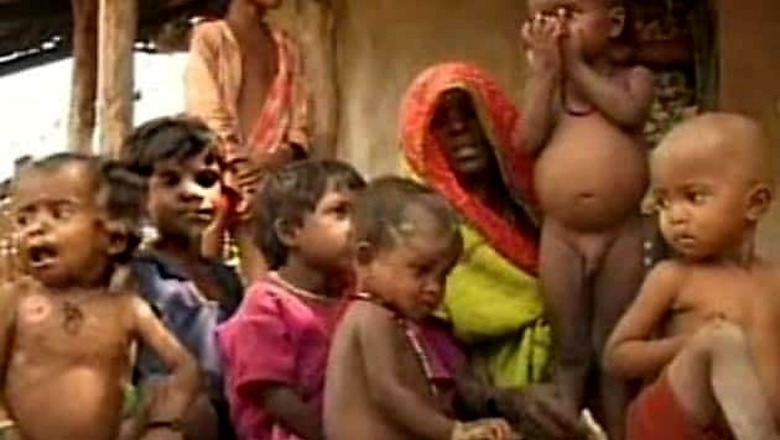
views
New Delhi: India fares poorly among middle-income countries when it comes to overall well-being of children even as the world witnessed significant progress in child health, education and nutrition during the last decade.
India has slipped by 12 ranks since 1995 and is placed 112th in the global "Child Development Index" released by Save the Children, the world's leading independent NGO that works for child rights.
According to the report, which analysed child well-being on three basic parameters of health, education and nutrition since 1995, India's CDI fell by three ranks from 100 to 103 between 1995 and 1999, and by another nine ranks (103 to 112) between 2005 and 2010. Out of 141 countries covered by the report, India is among the 14 whose ranks have dropped, it said.
"It is a wake-up call for India. Save the Children has reiterated economic progress must result in inclusive growth for all, especially the poor and the marginalised," said Thomas Chandy, CEO, Save the Children, India.
The CDI, launched in 2008 as a tool to monitor the progress in child well-being, ranks the best and worst places for children and improvements in child well-being globally.
It measures the number of children in school, under five mortality rates and number of underweight children. The three indicators are aggregated by simply calculating the average score between them for each period under review, meaning that each of them has equal weighting in the index scores.
According to the report, Japan is at present the best place in the world for a child, followed by Spain, Germany, Italy, France, Canada, Switzerland, UK and Norway.
The US is ranked 24 in the Index, while Australia is at 16th place and China is at 29th. Somalia is at the bottom.
The report also found that conditions for children have improved in 90 per cent of countries since the second half of the 1990s. Compared to that time, a child is now a third more likely to go to school and a third less likely to die before their fifth birthday.
However in stark contrast, it shows that nutrition is seriously lagging behind and that the proportion of acutely malnourished children grew by 1.2 per cent during the 2000s.
In India, 42 per cent of children are underweight, while 58 per cent are stunted by the age of two years.

















Comments
0 comment